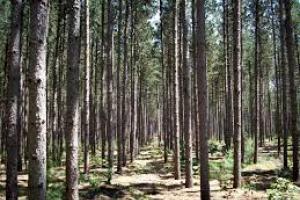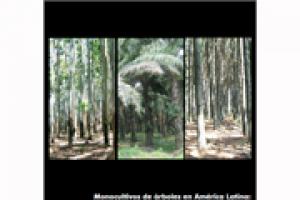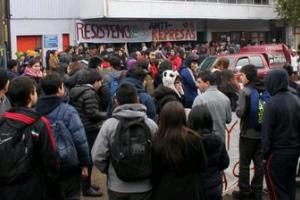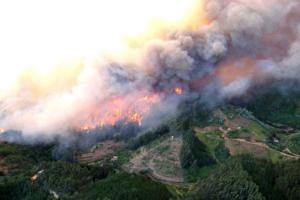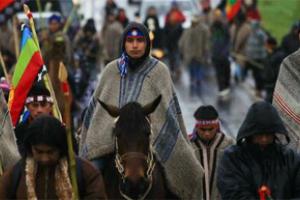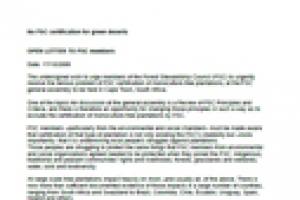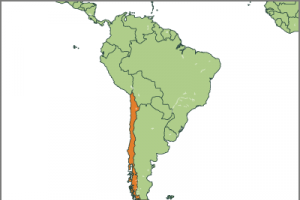According to Global Forest Watch, Chile’s forests are expanding. On the ground, however, a different scene plays out: monocultures have replaced diverse natural forests, and tree plantations now occupy 43 per cent of the South-central Chilean landscape. Defining plantations as forests has allowed the government to expand monocultures at a rapid pace, robbing the Mapuche indigenous peoples’ territories. Despite this, the Mapuche continue a strong fight to recuperate their ancestral land rights.
Chile
Other information
4 September 2014
Publications
29 August 2014
Only available in Spanish
By the WRM and RECOMA
Download as pdf here
Other information
4 July 2014
Mapuexpress (in Spanish)
After more than five years of hard-fought struggle against the HidroAysén energy mega-project, which would have involved the building of five huge dams on rivers in the Patagonia region, a Chilean government ministerial committee voted to reject this destructive project, saving Patagonia from the hydroelectricity imposed by transnationals and supported by governments.
Bulletin articles
7 March 2014
Historically, relations between Mapuche indigenous communities and the forestry industry have been marked by conflict, primarily because of the expansion of industrial tree plantations on lands that are part of the Mapuche territory and the impact of these plantations on the communities’ habitat.
Other information
21 September 2013
Only available in Spanish -
Other information
20 September 2013
Only available in Spanish -
Other information
30 June 2013
“El modelo forestal pinochetista y los intentos expansionistas de irresponsables políticos y empresarios” (The Pinochet forestry model and the expansionist efforts of irresponsible politicians and business owners), by Mapuexpress Informativo Mapuche, an independent news agency operated by a Mapuche indigenous organization. A selection of news stories, opinion pieces and background material related to the discussion of a bill presented by the Chilean government for approval with “great urgency”, which seeks to extend Decree Law 701 for another 20 years.
Other information
30 January 2013
Since 1881, the Chilean state has attempted to “Chileanize” the Mapuche indigenous people, maintaining them in a state of permanent colonialism. The Mapuche people have responded with a long, hard-fought struggle of resistance and defence of their self-determination, as well as demanding the return of their ancestral lands which are currently under the control of large landholders and tree plantation companies.
Other information
30 December 2012
Chile is currently debating amendments to Decree Law 701, which was passed during the first years of the military dictatorship and has been used for decades to promote the expansion of large-scale monoculture tree plantations. This expansion is driven by hefty government subsidies, and has been achieved at the expense of the violation of the rights of Mapuche indigenous communities, who have been violently evicted from their lands and left marginalized in their own ancestral territory.
Bulletin articles
30 December 2012
A resolution adopted by the Chilean government’s National Geology and Mining Service ordered a temporary but total stoppage of drilling and clearing work on the Pascua Lama mine project in the province of Huasco in the Atacama region. Work was halted due to a contravention of mining safety regulations, namely excessive levels of dust that pose a serious risk to the health of workers.
